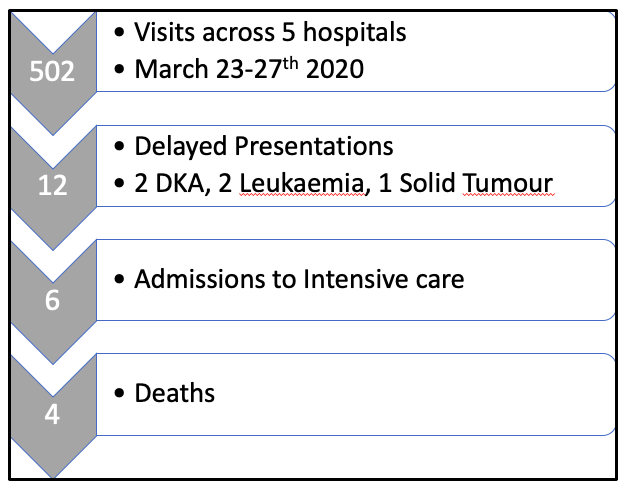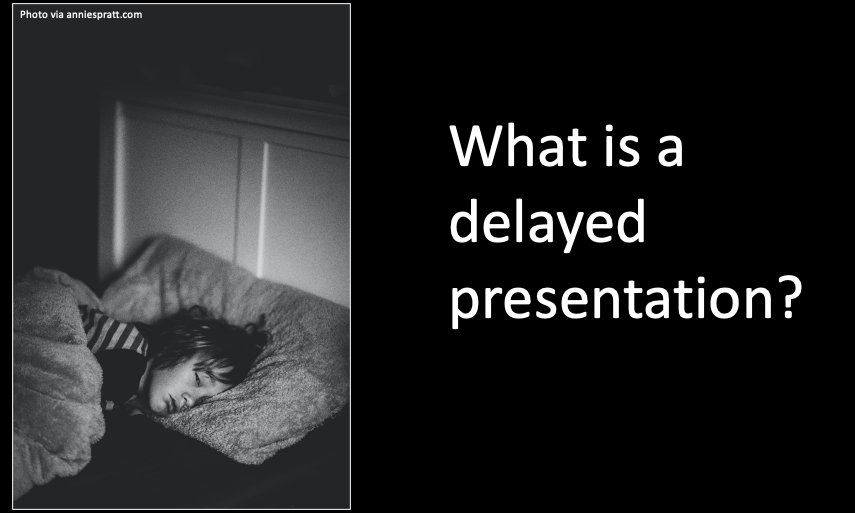
Time for a Bronchiolitis round up courtesy of @UKHSA
[Bronchiolitis is caused by a virus called RSV]
The international data has very interesting implications for us!
Remember you can follow #Bronchstart study data here: beta.microreact.org/project/cTkH24…
@PERUKItweep @MyMicroreact
[Bronchiolitis is caused by a virus called RSV]
The international data has very interesting implications for us!
Remember you can follow #Bronchstart study data here: beta.microreact.org/project/cTkH24…
@PERUKItweep @MyMicroreact
So USA saw a sharp increase for 3-4 weeks followed by a subsequent decrease in detections.
Peak was similar to 2019 season however began in May (c.f. normal September-October).
Increase sustained until early September 2021, a longer peak than the previous year.
Peak was similar to 2019 season however began in May (c.f. normal September-October).
Increase sustained until early September 2021, a longer peak than the previous year.

Canada has had an increase in number of RSV positive tests than usual for the same time period (grey dash is 6 year average)
This is in keeping with decreased immunity (children not exposed in 2020) along with the current increase in social mixing.

This is in keeping with decreased immunity (children not exposed in 2020) along with the current increase in social mixing.


Both Western Australia and New South Wales (NSW) reported a sharp increase and then decrease in RSV detections.
(there was also an increase in adult RSV hospitalisations at the same time as paediatric ones)

(there was also an increase in adult RSV hospitalisations at the same time as paediatric ones)


In New Zealand the 2021 trajectory was much larger and steeper than the trend of RSV in 2019.
The peak occurred slightly earlier (~1 month) than 2019, but not completely out of season as seen in other countries.
The peak occurred slightly earlier (~1 month) than 2019, but not completely out of season as seen in other countries.

Japan experienced a sharp increase in RSV detections, with a peak three times the average previous five years in Japan.
The epidemic lasted approximately 10 weeks, mirroring previous outbreaks, but occurred 2-3 months earlier and was much larger.
The epidemic lasted approximately 10 weeks, mirroring previous outbreaks, but occurred 2-3 months earlier and was much larger.

So other countries have had out of seasons peaks like us BUT they have had either larger peaks than usual or they have been more sustained.
Current data suggests our bronchiolitis surge, which started in August, is slowing down...
Current data suggests our bronchiolitis surge, which started in August, is slowing down...

BUT modellers think residual susceptible population in all regions is large enough to sustain activity and potentially be sufficient to drive a spike in activity during the normal Winter RSV season
Worrying hospitalisations at a lower rate - indicating may be more to come...
Worrying hospitalisations at a lower rate - indicating may be more to come...

We'll be able to use #BronchSTART dashboard to see how presentations versus admissions pan out over next 8 weeks.
It's possible we've had our Bronchiolitis surge for this year, but we need to see some year-on-year data to confirm whether numbers would support that conclusion.
It's possible we've had our Bronchiolitis surge for this year, but we need to see some year-on-year data to confirm whether numbers would support that conclusion.
• • •
Missing some Tweet in this thread? You can try to
force a refresh









